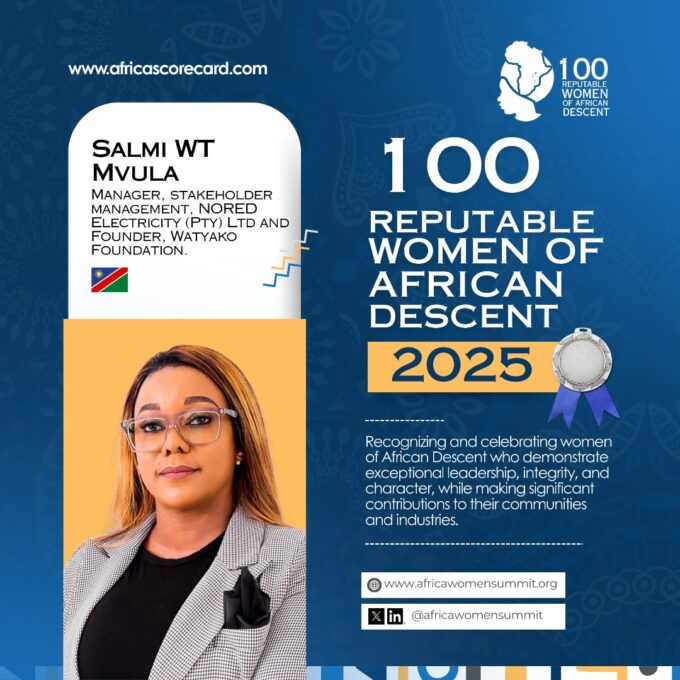For decades, wealthy Nigerian families have sent their children to elite British boarding schools, drawn by their academic excellence, global reputation, and structured curriculum. Now, top UK institutions are establishing campuses in Nigeria, Africa’s most populous nation.
In 2023, Charterhouse launched a primary school in Lagos and is set to open its secondary school in September 2024. Rugby School is also preparing to welcome secondary students, while other prestigious names like Millfield, Wellington College, and Harrow are exploring opportunities in Nigeria.
This shift allows parents to provide their children with British-standard education while keeping them rooted in their Nigerian culture. For parents like Karima Oyede, a British-Nigerian consultant whose son currently attends Rugby School UK, having the same educational system in Nigeria is the best of both worlds. “We’ve always wanted to relocate, but the children’s education was a major factor,” she says. “Now, they can receive a world-class education without leaving their home country.”
Educational consultant Ijay Uwakwe-Okoronkwo highlights another reason for the demand, stating that African parents love that their children can gain global recognition but also want to preserve their African identity. Parents often express concerns that children who study abroad return with Western attitudes that may clash with Nigerian values. The expansion of UK schools into Nigeria provides a solution, ensuring children receive an international education while staying culturally grounded.
British schools entering Nigeria recognize the importance of aligning with local laws and cultural values. For instance, LGBTQ+ discussions, common in UK institutions, are largely absent in Nigerian branches due to the country’s strict laws against same-sex relationships. “We’re a British school operating within Nigerian cultural needs,” says John Todd, head of Charterhouse Nigeria. “We follow the law of the land 100%.” Additionally, Charterhouse Nigeria allows parents to take their children home for Sunday church services, acknowledging Nigeria’s deeply religious society.
British institutions are increasingly looking at Africa as a prime location for expansion. While China and the Middle East already have a high concentration of international schools, Africa remains largely untapped. “Nigeria is the gateway to Africa,” says Mark Brooks, an export champion for the UK’s Department for Business and Trade. “The country has a reputation for producing high-achieving, ambitious students.”
With a growing demand for top-tier education within Nigeria, British schools are seizing the opportunity, giving parents an alternative to sending their children abroad while still offering them world-class learning experiences.














Leave a comment